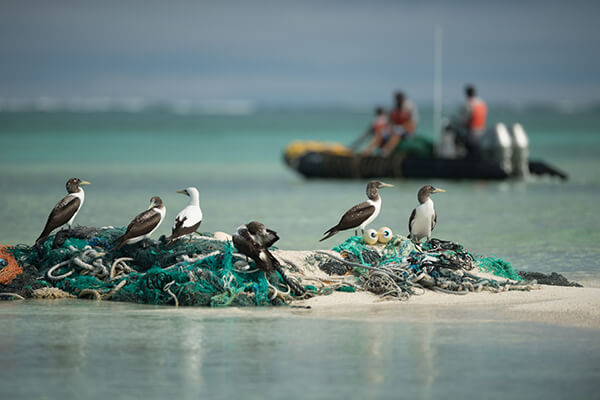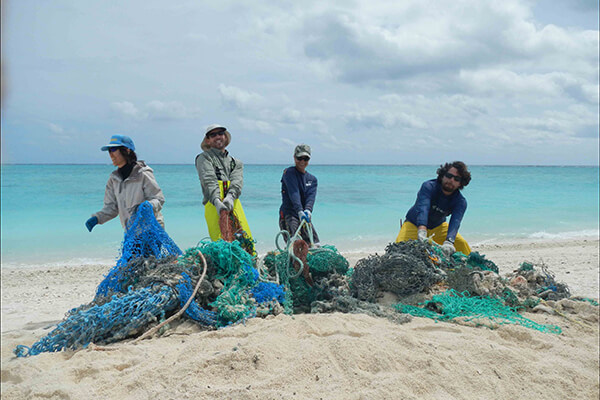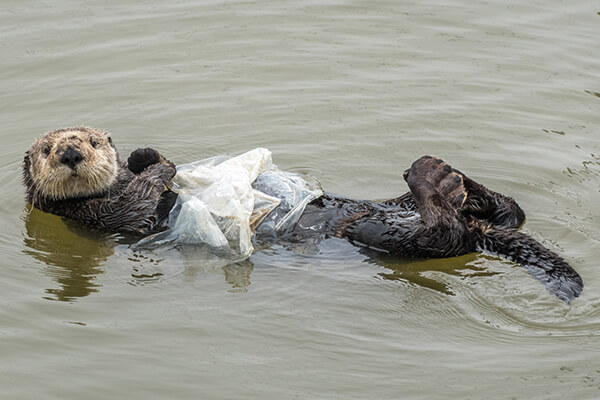
Lend a Hand with Trash Removal
Keep their home clean.
Garbage that becomes marine debris is one of the most significant threats to marine wildlife. You can help to keep the ocean clean by refusing and/or reusing plastics and styrofoam. Plastic pollution breaks down into smaller pieces called microplastics. Each year, microplastics as part of the billions of pounds of pollutants and garbage, enter the ocean ands wreak havoc on wildlife

Many fishing nets such as this one are made of plastic and can entangle birds and other wildlife.
Photo: NOAA
Litter can harm wildlife in many ways. When wildlife ingest garbage, it may block their airways or fill up their stomachs, causing them to choke or starve to death. Animals can also become entangled in the debris, which hinders their ability to move freely, causing some to drown, or may cut into their skin and cause an infection. Helping out can be as easy as properly disposing of your garbage, recycling when possible and picking up any trash you find.

A cleanup crew removes buried fishing nets from a beach in Hawaii. Derelict fishing gear makes up a large portion of trash that is removed each year, but so do everyday items like plastic bottles and cups. You can do your part by always disposing of your trash properly.
Photo: Kristen Kelly/NOAA

Wildlife are not accustomed to garbage in their environments. This means that when they do come across a piece of trash, they may mistake it for food or try to play with it, like this sea otter. This can lead to the animal becoming entangled in the garbage or ingesting it, both of which can be fatal.
Photo: Douglas Croft
Additional Resources
- NOAA’s Marine Debris Program
- A Guide to Plastic in the Ocean - NOAA
- Ocean Pollution - NOAA
- The Goal is Clean Seas in Florida Keys
- Teacher Toolkit to Fight Against Marine Debris

Take the Pledge
Respect. Protect. Enjoy.
#WildSanctuaries

